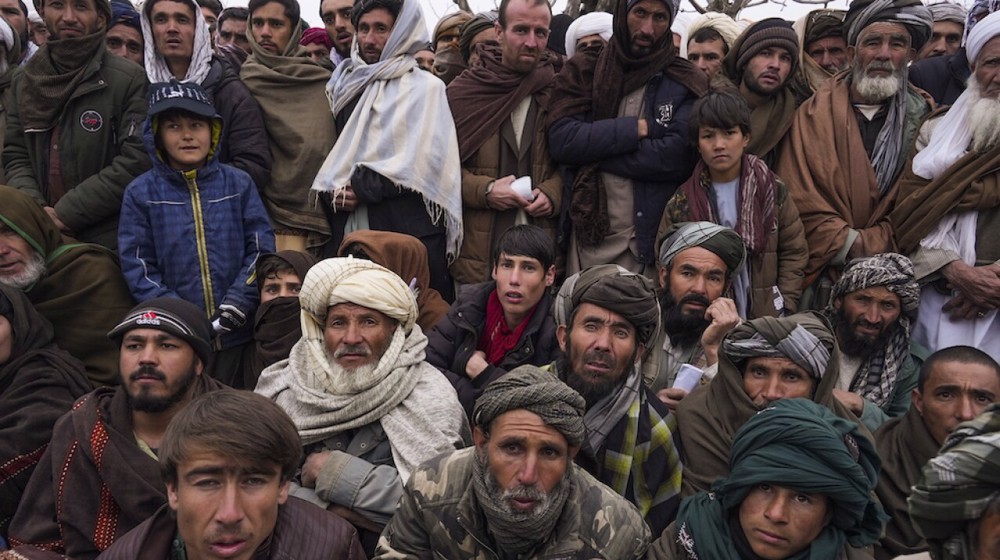World Canada to halt arms sales to Israel after non-binding vote in house of commons
- World Affairs
- 2 Replies
Canada will halt future arms sales to Israel following a non-binding vote in the house of commons. The foreign affairs minister, Mélanie Joly, told the Toronto Star her government would halt future arms shipments. “It is a real thing,” she said on Tuesday.
The decision follows a parliamentary motion, introduced by the New Democratic party (NDP), that called on the governing Liberals to halt future arms exports to Israel. The New Democrats, who are supporting Prime Minister Justin Trudeau’s minority government, have expressed frustration with what they see as his failure to do enough to protect civilians in Gaza.
The motion – which passed 204-117 with the support of Liberals, Bloc Québécois and the Green party – also called on Canada to work “towards the establishment of the state of Palestine”.
The successful vote late on Monday followed a last-minute deal between the Liberals and the NDP, which had previously called on the government to “recognize the state of Palestine”.
The vote does not appear to change Canada’s position that Palestinian statehood should come as the result of a negotiated settlement with Israel.
The successful vote late on Monday followed a last-minute deal between the Liberals and the NDP, which had previously called on the government to “recognize the state of Palestine”.
The vote does not appear to change Canada’s position that Palestinian statehood should come as the result of a negotiated settlement with Israel.
“It will not effectively address the humanitarian crisis. It will not liberate Gazans from the tyrannical rule of the Iranian proxy, Hamas. It will not promote peace,” the group said.
“It is shameful that the Liberal government has drawn moral equivalence between Israel, a declared democratic ally, and Hamas, a Canadian government-listed terrorist entity.”
The decision follows a parliamentary motion, introduced by the New Democratic party (NDP), that called on the governing Liberals to halt future arms exports to Israel. The New Democrats, who are supporting Prime Minister Justin Trudeau’s minority government, have expressed frustration with what they see as his failure to do enough to protect civilians in Gaza.
The motion – which passed 204-117 with the support of Liberals, Bloc Québécois and the Green party – also called on Canada to work “towards the establishment of the state of Palestine”.
The successful vote late on Monday followed a last-minute deal between the Liberals and the NDP, which had previously called on the government to “recognize the state of Palestine”.
The vote does not appear to change Canada’s position that Palestinian statehood should come as the result of a negotiated settlement with Israel.
The successful vote late on Monday followed a last-minute deal between the Liberals and the NDP, which had previously called on the government to “recognize the state of Palestine”.
The vote does not appear to change Canada’s position that Palestinian statehood should come as the result of a negotiated settlement with Israel.
“It will not effectively address the humanitarian crisis. It will not liberate Gazans from the tyrannical rule of the Iranian proxy, Hamas. It will not promote peace,” the group said.
“It is shameful that the Liberal government has drawn moral equivalence between Israel, a declared democratic ally, and Hamas, a Canadian government-listed terrorist entity.”





 ……yesterday Canadian hindu family got burnt to death in their home too…..now blaming mysterious khalastani terrorists….
……yesterday Canadian hindu family got burnt to death in their home too…..now blaming mysterious khalastani terrorists….